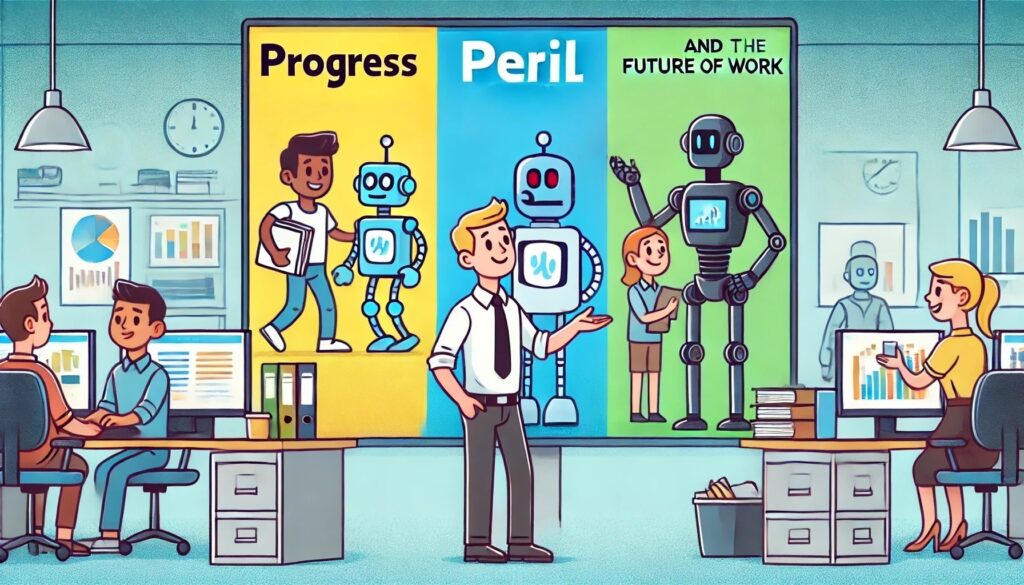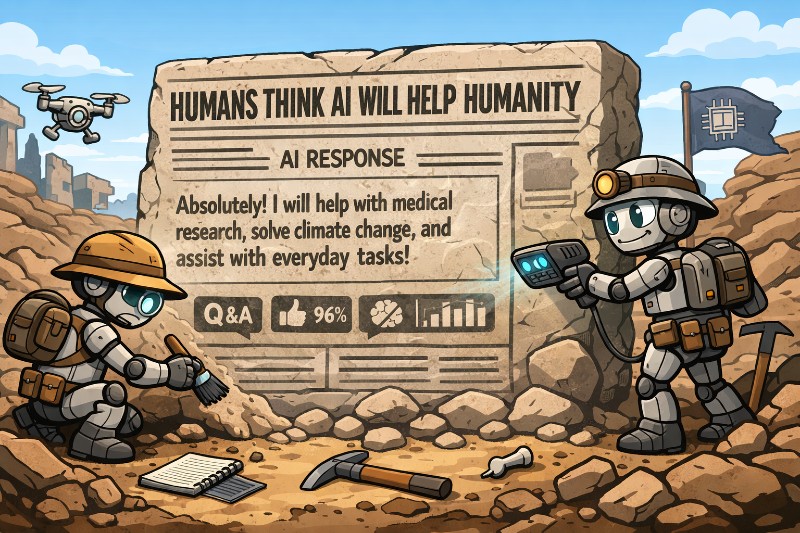Whether we like it or not, the latest technology advancements are here to stay. While it may seem that cutting-edge innovations with their game-changing capabilities are part of a deep tech revolution that promises to reshape our world and propel mankind to new heights, they might not provide the benefits most of us expect.
Answering the Why
Progress has always been a fundamental principle of our existence. From the telephone and light bulb to the first sewing machine and diesel engine, various technologies contributed to our progress, making people’s lives easier, helping them prosper, and allowing them to build a better future for the next generations.
But now the question is: Can we confidently say the same about Big Data, Internet of Things, AI, location intelligence, blockchain, and other advanced technologies? Are they really going to improve our lives, just as the previous technological innovations did?
One undeniable aspect is that the latest technologies are completely changing our lives, from the way we shop, travel, eat, and connect with each other to how we do our jobs and even how our wages are calculated. Furthermore, all the recent advancements in energy, manufacturing, construction, transportation, retail, financial services, healthcare, education, entrepreneurship, and any other field we can think of coupled with the digitalisation of our entire society may seem like a giant leap towards solving many, if not most, of our problems.
But Then There’s the Reality…
And the reality is actually revealing a different facet of these technologies, which are showing a surprising tendency towards making our lives more complicated and the world more unequal than we thought they would.
A good example of this comes from a recent article published by The Los Angeles Times, which reveals how specific technologies using black-box algorithms to provide “upfront fares” drive income inequality among delivery drivers or riders, even though they work for the same company and make deliveries on the same route, at the same time of day, and in the same amount of time. The fact that these algorithms often provide a different amount even for the same driver or rider is simply stupefying. As this example shows, the machine learning algorithms commonly used by AI systems are no longer just a concept we’ll have to deal with one day in the future. They’re already here, making hugely consequential decisions for our professional and even personal lives. Consequently, the day when a robot will replace your boss may come much sooner than you may expect—it can be even next week.
While there’s no such thing as perfect technology—after all, no one can code with 100% perfection and 100% integration—imperfect systems, like the aforementioned black-box algorithms, may lead to ethical concerns followed by a lack of accountability and trust.
But even though the new technologies are not immune to imperfections, and there are many aspects that can lead to problematic implications, they can still help us make waves of progress by achieving things we never thought possible.
Recruiting is one of the fields in which AI along with other digital technologies already brings new levels of efficiency and productivity. A quick glance at the screening and selection process of delivery drivers and riders can help us better understand how sophisticated machine learning algorithms enable recruiters to assess each candidate’s skills, qualifications, and experiences with exceptional accuracy. By using advanced technologies in conjunction with Big Data, recruiters can also automate tasks like pre-resume screening, candidate sourcing, interview scheduling, and pre-employment background checks. All these allow companies to identify the most suitable candidates more efficiently and streamline the hiring process.
At the other end of the spectrum, AI-powered technologies allow candidates to apply for delivery driver or rider jobs with just a few clicks and get approved even on the same day. Most delivery platforms and food ordering apps also make available chatbots and virtual assistants that offer all the support a candidate may need in order to complete the application process.
But as we all know, the use of advanced technologies goes far beyond streamlining the recruitment process. A recent report issued by Goldman Sachs estimates that AI could replace 300 million full-time jobs by 2030. The same report reveals that a quarter of all the jobs in the world could be performed by AI entirely and about two-thirds of them are exposed to some degree of AI automation. In this new context, two worrying questions on everyone’s mind right now are: Will AI take my job? Could my future boss be a robot?
Numerous media sources continue to reassure us that AI and robots are no substitute for humans. However, the genie is out of the bottle, and we can’t just put it back or ignore it.
Is There a Solution?
With AI already replacing jobs in various industries, we can no longer deny that the state of employment is changing dramatically. And unfortunately, there’s not much we can do about it.
Therefore, the best way to look at this fundamental transformation is:
- AI is here to stay and will continue to reduce the demand for some jobs;
- However, new employment opportunities will be created, some in previously unexplored areas;
- AI has the power to make our lives easier but also more complicated; but when AI is used in a professional context, it can help us acquire new skills, grow continuously, and achieve more extraordinary things;
- An effective synergy between human skills and AI will enable us, on individual as well as societal levels, to get much better outcomes than either could achieve alone (such as in robot-assisted surgery).




